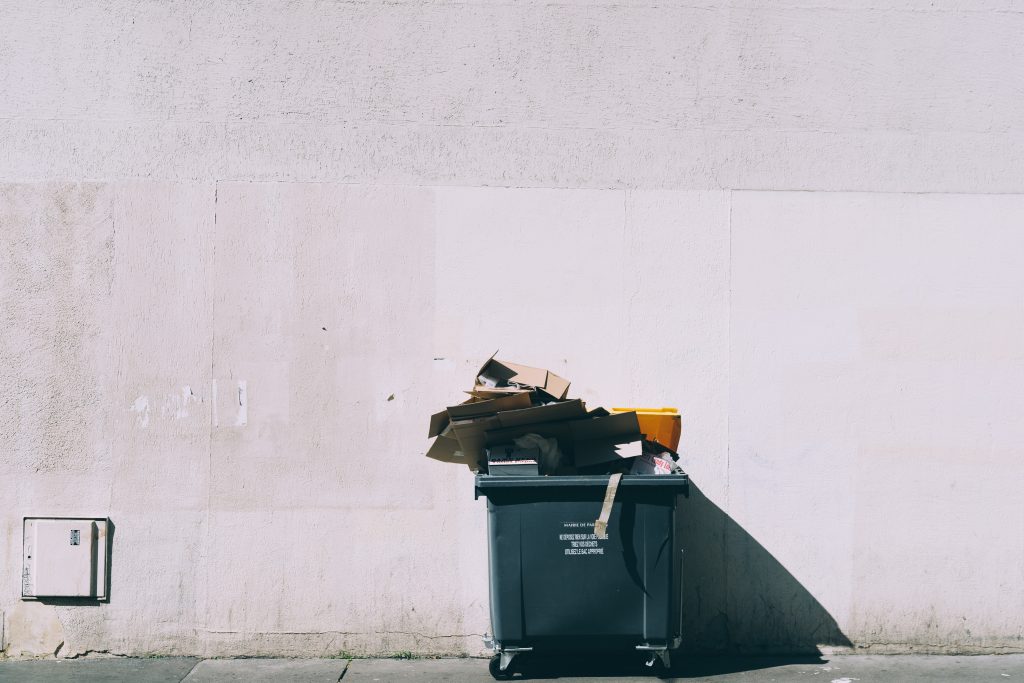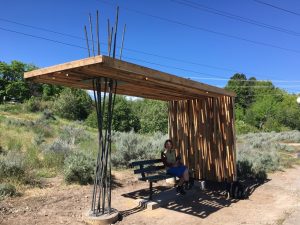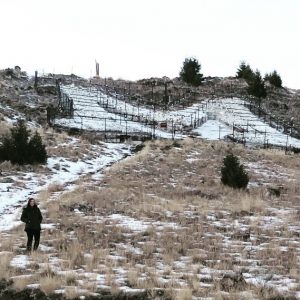By Mel Englund
I grew up in the Chicagoland area where climate change is openly talked about, discussed, and publicized. If you walked into a coffee shop you would most likely see some posters about an environmental group meeting and recycling bins all around. You would also likely hear residents discuss environmental issues and chat amongst each other about the current state of our climate. Climate change is no secret to Chicagoans. (Adding to the climate change chatter was also the sounds of chattering teeth since Chicago had days colder than Antarctica this winter. Brrr, no thanks).
Having Chicago being my “norm”, moving to Butte was definitely interesting and different. For starters, I was unaware that there would be no robust recycling system. During a month of environmental volunteering in Louisiana I learned that the state had no robust recycling (they ranked the worst in recycling, actually), but surely Montana would, I thought.
(While recycling can be controversial in the environmental realm, I feel as though it in the past has been used as an identifier for communities attempting to tackle environmental issues in some way. Thus, I am programmed to search them out. What if we lived in a community that didn’t produce plastic waste, however? What if our communities had a cyclical waste stream? I digress.)
As weeks passed and I became more and more used to my new home and surroundings, I still looked hopefully in places I went for signs of environmental efforts and climate change chatter (literally, I looked at all the signs in businesses). Time went on and the signs never showed, at least not yet.
I say not yet because I have met — and am fortunate enough to work — with so many phenomenal people who are true champions of change within not just Butte, but all of Montana and beyond. I’ve learned of Montana organizations dedicated to raising awareness around climate change and people who happily work a job wearing many hats because they are passionate about strengthening their community’s environmental efforts. I’ve seen community members’ eyes beam as they talk about the beauty of the mountains and lakes they live near, or the joy they receive from a day at the hot springs.
The environmental care is there, which is why my project as an Energy Corps member excites me so much. My end goal for my term is to develop, create, and publish a Guide for Resilient Rural Communities. The hope is to have a guide that is easily digestible to any rural community who wants to initiate resilience planning and to flesh out any successes and failures other communities have had in this realm. This guide will not only champion for cleaner community environments, but for increased community activity and cohesion, for increased economic activities, and for uplifting all in the community, among other aspects.
Through interviews and research for the guide so far, I have been moved by the active community members in all towns dedicated to change. From reading about Whitefish creating a Climate Action Plan with an all-volunteer committee to the amazing work my fellow Energy Corps members accomplish each year, I am truly astounded. As an outsider originally, Montana appeared seemingly silent on climate change, but now I’m happy to hear the chatter that is building.








